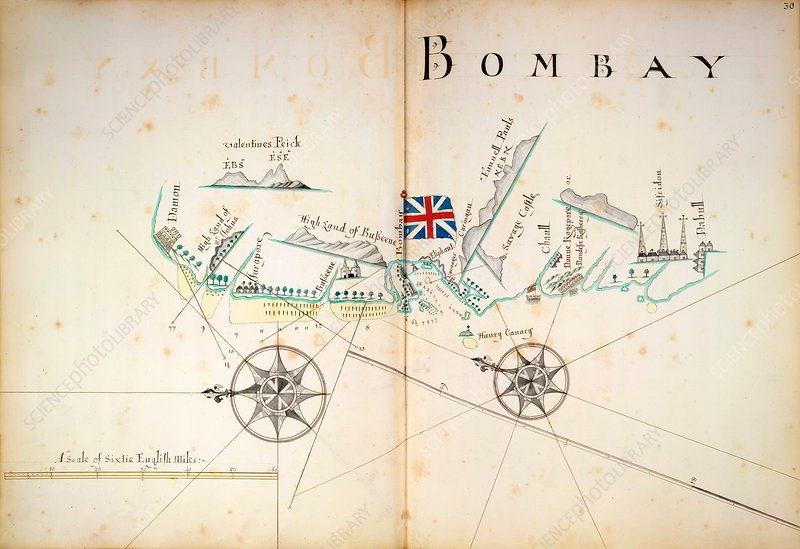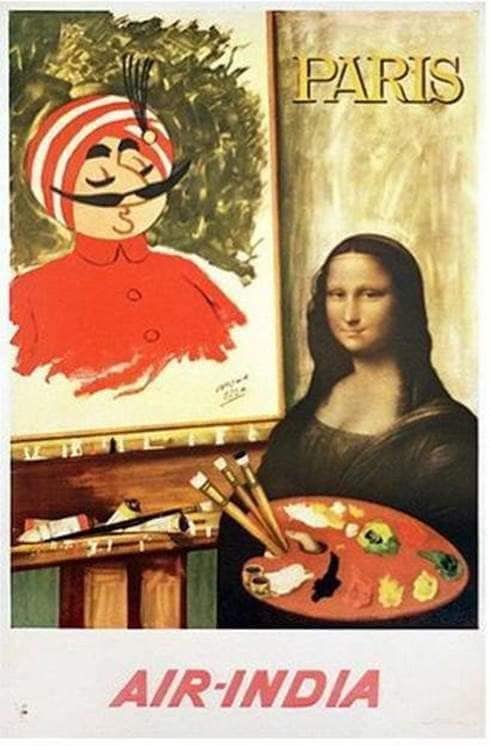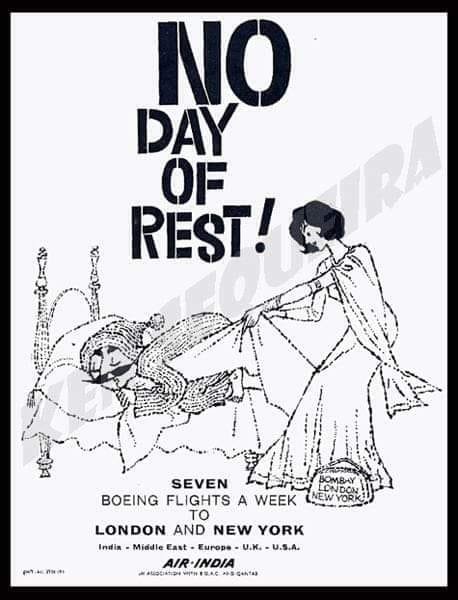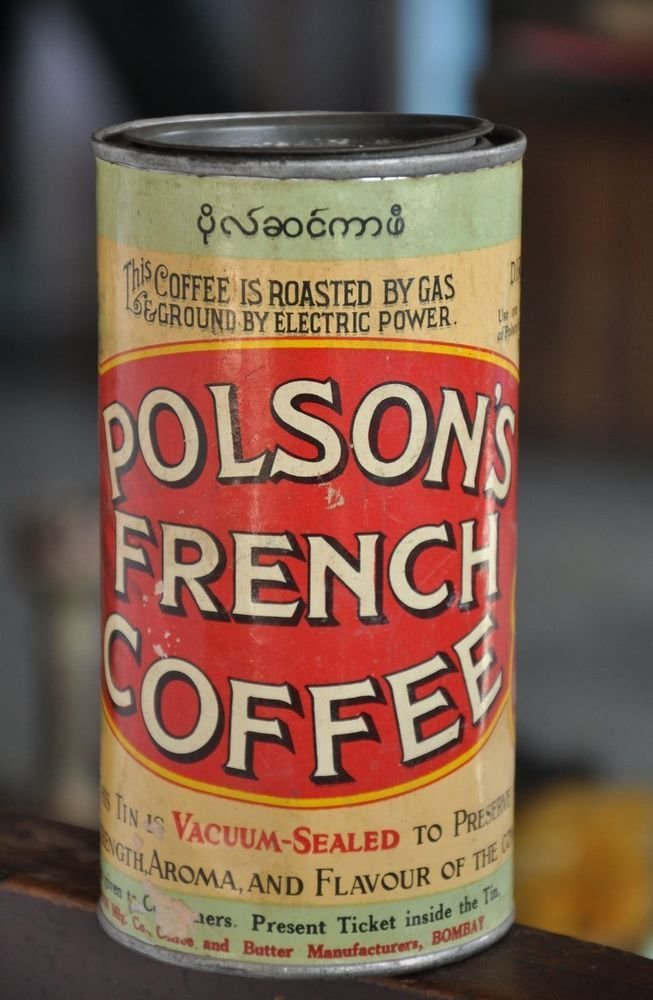Established in 1897

1897: Godrej & Boyce Mfg. Co Ltd is established. Ardeshir Godrej (in photo) starts manufacturing high-security locks, under the brand name Anchor
1902: Company starts building safes as well
1909: Ardeshir Godrej invents the springless lock, gets a patent, for it under the seal of King Edward VII
1932: Godrej & Boyce is incorporated as a limited liability company. Ardeshir dies in 1936

1951: Company secures order to manufacture 900,000 ballot boxes for independent India’s fi rst general elections
1955: Godrej & Boyce manufactures the first Indian typewriter. Jawaharlal Nehru types using a Godrej typewriter
1958: Godrej & Boyce, in collaboration with GE, manufactures India’s fi rst refrigerator
1963: Godrej & Boyce makes the fi rst forklift Truck in India in collaboration with Clarke Material Handling Company, US
1965: Godrej & Boyce opens a factory in Malaysia to manufacture offi ce equipment

1972: Pirojsha Godrej, Ardeshir’s brother, consolidator of the Godrej empire, dies
1997: Special postage stamp released to commemorate 100 years of Godrej’s existence
He got three patents for his innovations in safe making, which also changed the way safes were made across the world. Adi Godrej, the group chairman today, says his grandfather Pirojsha and Ardeshir were staunch believers in swadeshi. “They felt if India wasn’t economically independent, political independence would be difficult.”
Before he got into safes in 1902, Ardeshir was already manufacturing locks in a small shed in Lalbaug, in central Mumbai since 1897. He invented in 1909 – and won another patent for it – a lock without springs, which was more difficult to pick than the locks in use, and also told its owner if it had been tampered with. More than a century later, security is big business for Godrej, which has separate entities called Godrej Locks and Godrej Security Solutions. The latter manufactures not only the renowned safes, but also substance detectors, baggage scanners and biometric access systems. The company is among India’s top private defence suppliers – making precision tracking systems to rocket engines.

The swadeshi spirit continued into the second generation. Pirojsha’s son, Naval Godrej, who inherited Godrej & Boyce, decided to take on the foreign typewriter manufacturers. In a market dominated by Remington and Halda, in 1955, he launched the Godrej typewriter, the first to be manufactured in India, which quickly made its mark. Out of a total of 1,800 parts in the typewriter, just four were imported.
“When Prime Minister [Jawaharlal] Nehru typed on it [a Godrej typewriter] for the first time, the nation received the message that India was taking its place among the few highly industrialised countries of Europe and U S ,” writes Karanjia. Technology has sent the typewriter to the scrapyard – even Godrej stopped manufacturing it in 2009 – but the company continues its presence in the same space.

Electronic typewriters, fax machines, word processor and dot matrix printers were all first brought into the country by Godrej. Godrej refrigerators were also once just as prized as the typewriters, safes and locks. The company was one of the early manufacturers of refrigerators in India, starting in 1958 with one priced at Rs 1,885. Karanjia’s book says Godrej refrigerators have been upgraded every year since 1987, with the latest technology being quickly incorporated. This May, Godrej Appliances – one of the mother company’s 18 arms contributing 20 per cent to its revenues and manufacturer of refrigerators, launched one that included a built-in FM radio and an MP3 player.
It is a family business that exudes stolidity and stability. All its companies have been in the business for at least two decades. Godrej Material Handling began in 1963 when the company made the country’s first forklift truck. Godrej Interio began manufacturing furniture in 1923 with the Godrej Storewel cupboard.
Godrej Precision Systems made its debut in 1985 and makes high precision spacecraft components. “This is the advantage of a family-run business,” says Adi. “It can look at longterm value creation. Businesses run by professionals alone tend to be more short-term in their view.”




